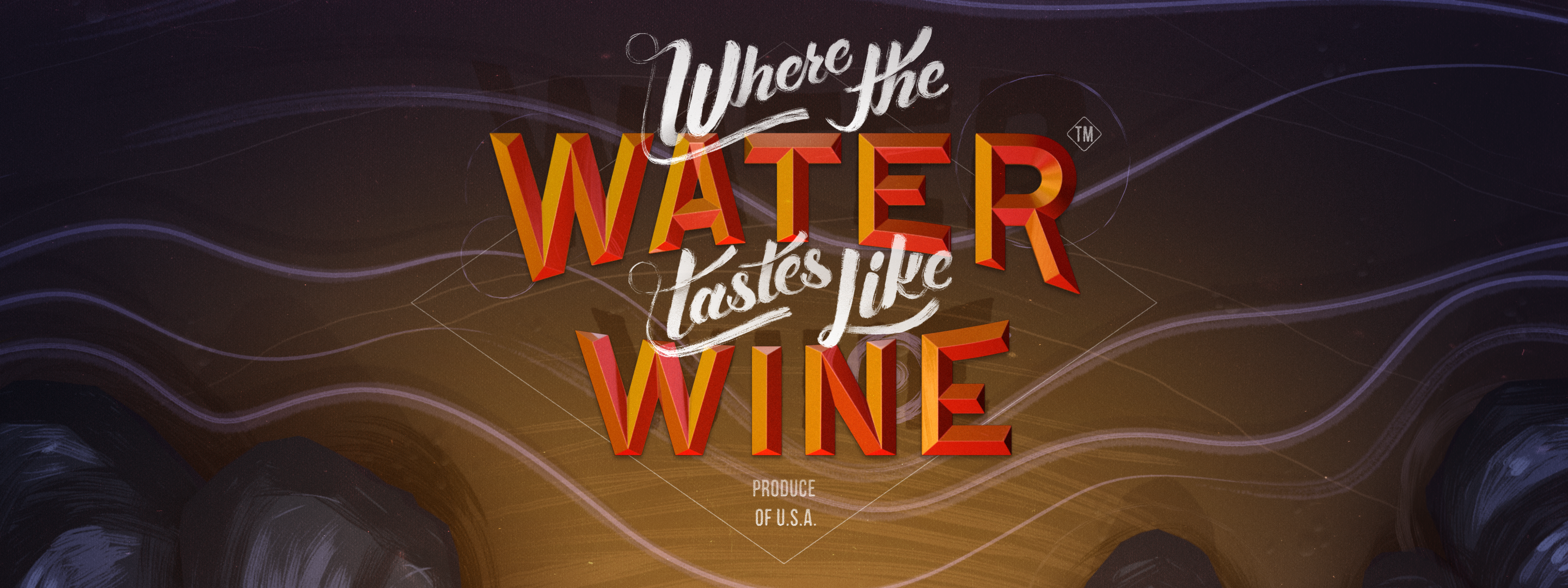
Year in Review 2018 Letter Series: Where the Water Tastes Like Wine-The Stories We Carry
Hi Jarrett,
Despite its perceived status as a flop, Where the Water Tastes Like Wine was a game that’s absolutely my jam. I love narrative driven games and visual novels so it was a hit there. I also really love weird spooky cryptid shit, and the idea of walking around the country in a time of massive hardship, experiencing people’s stories and telling your own is so interesting, and unexplored in the games space.
Really leaning into this idea of storytelling actually created what I think is the game’s best attribute: it has the best collectible system I’ve seen in a video game. WTWTLW is a collect-a-thon at its core, which is a genre I usually can’t stand. But because the collection is centered around stories, I find it much more intriguing and compelling.

Other games do this either with eclectic items you have to pick up that have no real value other than that the game tells you you need them to progress, or injects story elements into collectibles through random chunks of lore, flavor text about what your decisions have caused in the world, or audio logs/diaries from characters. Neither of these options compare to the heavy-lifting that the story collection in WTWTLW does.
WTWTLW centers the player’s experiences on the road, and makes them into a currency that generally matters more than actual money. Instead of a game like Marvel’s Spider-Man where each collectible is necessary to unlock new costumes and gadgets, WTWTLW ties its collectibles to actual progression by putting them into a mini-game of sorts whenever you speak to a fellow traveler. You need a variety of tales if you want to unlock the next chapter of a given character’s own plot, since each person has different preferences on the genres they want to hear while they speak with you. Personally, I’ve struggled with finding enough funny or hopeful stories to keep people happy, but have plenty of tales about sorrow and things that go bump in the night. Diversifying your portfolio, so to speak, is the only way to ensure progression, which makes collection feel more like an exciting challenge than a chore.

Revealing more about your fellow travelers isn’t the only thing that made gathering stories grab me, though. Each vignette you find does so much to highlight the overall tone of the world. Like I said, I have way more scary and sad stories than I do hopeful or funny ones, which makes sense given the setting of Depression-era America. But just when you think it’s all death, and monsters in the dark, you stumble upon people who are finding light in that darkness, and doing what they can to make it through with their loved ones. There’s something about getting to find these little snippets of life and take them with you, like a living scrapbook, that adds to the game’s sentimentality in a way that feels genuine and earned.
Your status as a walking talking story compendium also helps to capture the nature of oral storytelling. Just as you wander and change, so do they. A relatively tame experience you’ve had while traveling can make the rounds through those you’ve told it to, and become something new with embellishments and edits from those who have heard it and decided to make it their own, until they become legends in their own right. This mechanic doesn’t take them from your inventory, but instead enhances what’s there, keeping what you’ve collected fresh and interesting instead of a constant stream of rings or audio files that remain static no matter what you do.
Honestly, I wish this mechanic had been leaned into even more. There’s a possibility that this could be frustrating or make the game more difficult, but I think it would have been cool to show the other ways that a story’s circulation can change it. A scary story becoming funny, a hopeful story becoming sad, that kind of thing. I think they did such an interesting and thorough job conveying what oral storytelling looks like and does that it’d be interesting to see other ways that tales can be warped and changed as they’re passed on, and would make the gameplay more interesting as well. How do you manage collectibles that have the potential to change in your inventory, and how to you compensate when they do?

So what about you Jarrett? Did you also find hidden mechanical gems in this game? Were there aspects that surprised you as you wandered the dust bowl in search of a place where the water tastes like wine?





